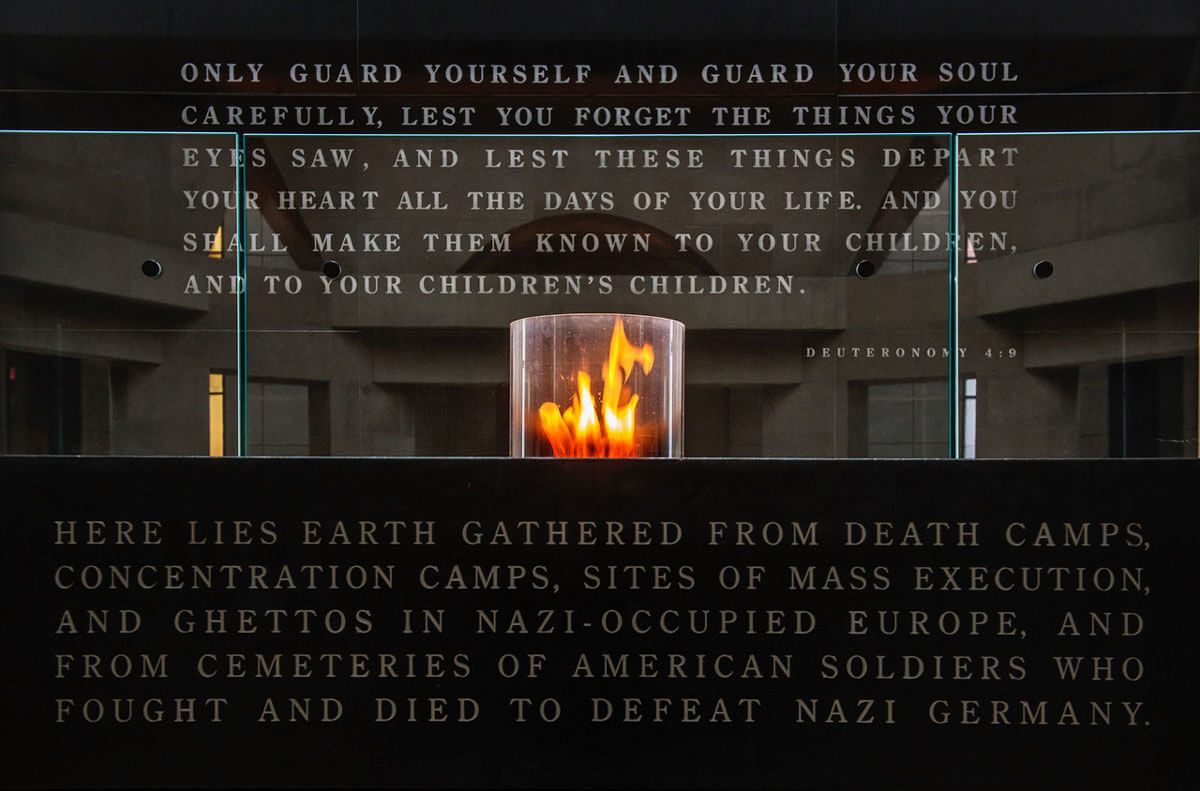I am dumbfounded by the inability of humans to remember and to learn from history. Although my historical understanding of the world is rooted in my studies for obtaining a PhD in history, I truly believe that we are all obligated to read, even devour lessons about our past.
Most of us tend to be more focused on the here and now doing the daily work of living our lives. So much history is lost over time because humans have always faced daunting realities. It is not surprising that the knowledge that the Greeks and Romans amassed was lost in the Dark Ages; humans had to work hard just to survive. We also know that military conquests by many civilizations led to the decimation of other cultures including the genocide of American Indians by Europeans who erased the history and cultural achievements of millions of people. Africans who were brought to this country in bonds resisted in many ways to preserve their culture and memory, but there is little doubt that much was lost through the enslavement of so many.
In the digital age, when we can record and preserve historical accounts, one would hope that our society would be more historically literate. I saw Hamilton in Denver recently and was heartened that this musical has brought about a new appreciation for the brilliance (and failings) of Alexander Hamilton and the founders of this nation. But, humans have a short attention span.
Consider this recent headline from the Washington Post: “Two-Thirds of Millennials Don’t Know What Auschwitz Is.”
It is a travesty to think that this is a headline fewer than 75 years after the end of World War II and less than two years after the death of Nobel Peace Prize winner and Holocaust survivor Elie Wiesel. Wiesel was one of the world’s most eloquent, prolific, and powerful voices on human rights, tolerance, and social justice. He spent his life telling the story of Auschwitz. He was just 15 when he became a prisoner in that camp. After the war, Wiesel became a journalist in America, and between 1960 and 2012, authored more than 45 books, arguably the most famous of which was his internationally acclaimed memoir, Night.
Even as this headline appeared, the world marked Holocaust Remembrance Day, a day we would all be wise to remember. So much recent scholarship on the Holocaust demonstrates that the underlying factors and causes cannot be explained as an exclusively “German phenomenon.” In other words, it is an event of genocide that could be repeated in any modern, industrial society.
We have been thinking a lot about how we teach history at CA. What are the core lessons that we should pass on about thousands of years of human existence? What do we include in our curriculum? What can’t we cover because of lack of time?
The teaching of history is a responsibility that belongs to everyone: teachers and schools, but also parents and families. I would argue that much of my own knowledge was gained outside of my formal schooling. My history teachers lit a spark, and my parents helped by having ongoing conversations around the dinner table about current events. We read the news every day as a family, and that led to deep discussions about the world.
I urge families to have conversations about history and humanity. Listen to audiobooks and podcasts on family car rides. Read or watch the news and talk about it. Discuss today in the context of yesterday, and remember the words of Elie Wiesel, “Without memory, there is no culture. Without memory, there would be no civilization, no society, no future.”
